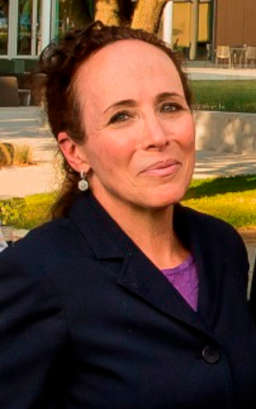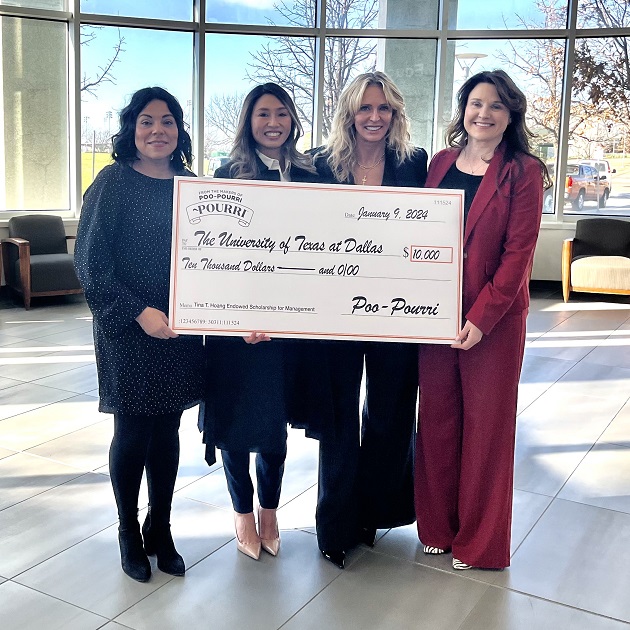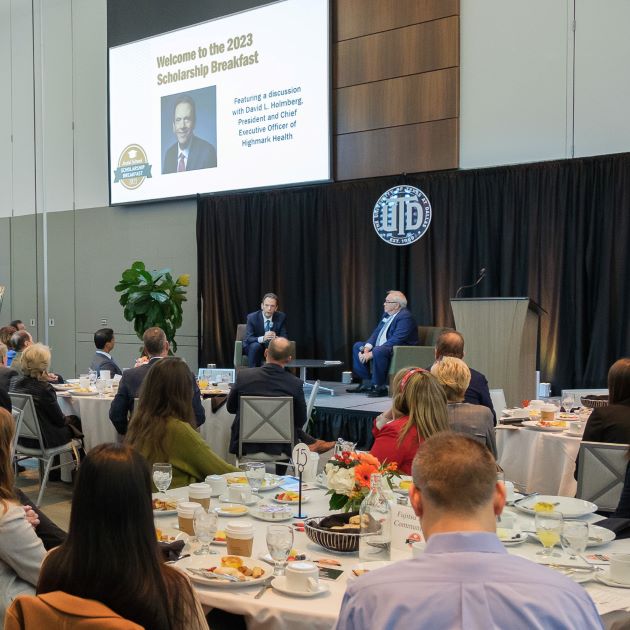Blockchain, artificial intelligence (AI) and “internet of things” (IoT) are among the biggest buzzwords in technology today. Using the technologies behind those words to bring value to a business was the topic of discussion at a Nov. 7 Naveen Jindal School of Management event sponsored by the Center for Finance Strategy and Innovation and IBM.
The event at IBM Global Solutions Center in Coppell, Texas, “Harvesting AI, IoT and Blockchain Digital Innovation Strategies: Unlocking Business Value,” featured two panel discussions about the challenges and issues related to using those multiple or combined technologies.

“Digitalization technologies have opened up opportunities for increasing business efficiency and new business models,” said Dr. David Springate, CFSI co-founder and director. “There is more decentralization of activities, more customization for individuals, and lots of data and increased speed of change. The challenge for protocol is to choose what to change, what not to change, what data to believe, and how to estimate the increasing value if decisions are taken, or not.”
Members of the first panel were Rohit Rai, vice president, Competitive Supply Chain, Lockheed Martin, and a member of the Jindal School’s advisory council; Dilip Rane, senior director of innovation, Pepsico; Sylvia Karmanoff, CTO Global Transportation Sector, Intel; and Kurt Wedgewood, Blockchain leader, Distribution Sector, IBM.
Gurvinder Ahluwalia, a CFSI team member and Jindal School adjunct faculty member, founder/CEO of Digital Twin Labs, and co-founder/COO, Beyond Protocol, discussed the connection between AI, blockchain and IoT in a presentation between the two panels.
“To embrace disruptive movements like blockchain, AI and IoT, you must not view them through the lens of today’s business and data flows,” Ahluwalia said. He pointed to autonomous vehicles — vehicles without human drivers — as an example, saying the technology has little to do with today’s vehicles. Instead of being able to optimize the technology, users are “provoked to design thinking” in order to discover new forms of interactions.

Elizabeth Jones, CFSI co-founder and associate director, introduced the second panel of the afternoon, which featured a discussion of new business models that are emerging due to the use of AI, blockchain and IoT.
“The last five years, the opportunities created by the technology advances we are talking about are about as abundant as they’ve ever been,” she said. “In fact, about $3.2 trillion has been spent on innovation alone. The question that our center concerns itself with is how do we convert that investment into value? We see a lot of spending increase, but we don’t see where the value is yet being realized, although some companies are there.”
Panelists who each presented case studies illustrating how their companies have created value using new technologies were:
- Aamer Charania, director, Data Science, Capital One; who discussed the company’s use of data gathered by new technologies to create personalized credit cards for clients.
- Brendan Cooper, director of Digital and IT Systems, Panini America, which makes collectibles, including fully licensed trading cards. The company relied on new technologies in its successful transition from ink on paper products to digital products.
- Alex Siskos, chief growth officer, Everseen. The company uses technology, including AI and IoT, to improve proficiencies and customer experiences for retailers.
- Rob Palacios, EVP, director, TCB Labs at Texas Capital Bank, which provide services to its business customers that allows them to do their banking during their course of the business day using technology in lieu of brick-and mortar-branches — which TCB does not have.
Deciding which technology to use can be a challenge, but the best place to start is by asking what problem you want to solve. “Any time you introduce new technology, there’s a risk,” said Charania. “We need to fail fast and go forward fast.”
Elizabeth Jones, Gurvinder Ahluwalia and Ven Kumar, a CFSI Advisory Board member who is one of the center’s key technology experts, created and executed the half-day emerging technologies program.
Founded in 2009, the Center for Finance Strategy and Innovation focuses on improving the region’s utilization of emerging technologies to produce corporate value and capitalize on related changes in private equity finance.





